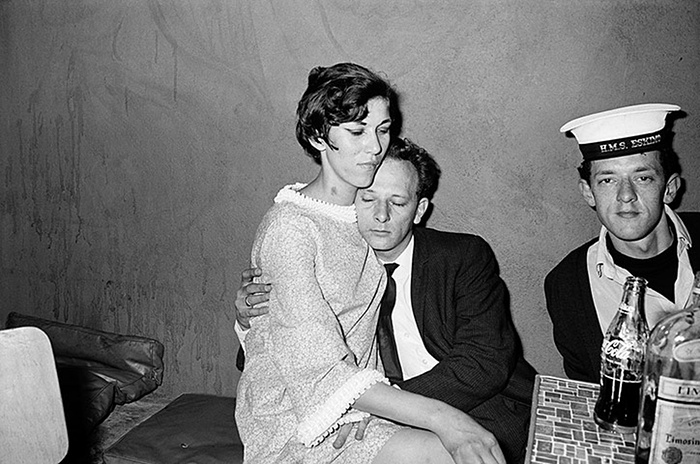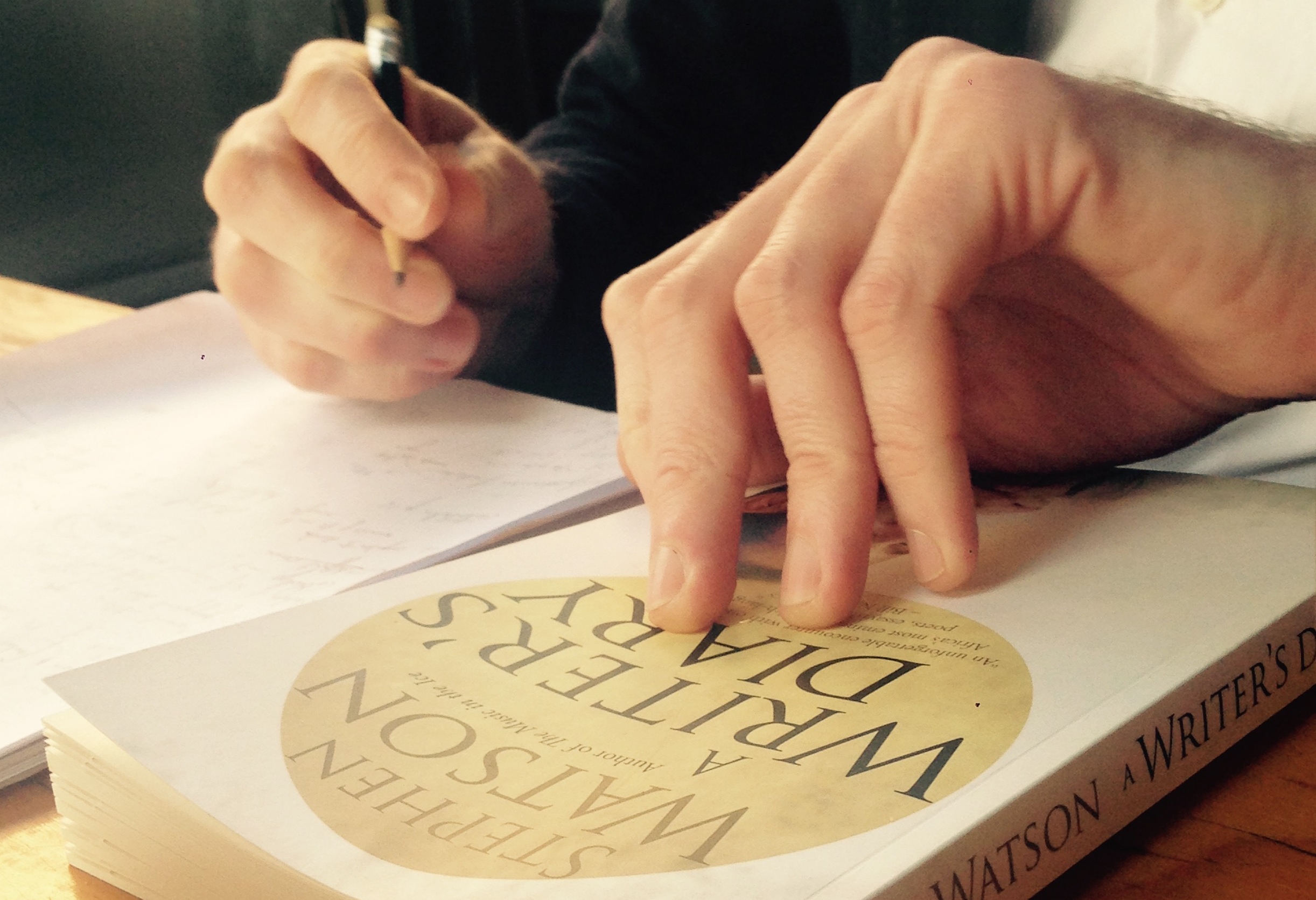Introducing the Bodley Head / FT essay competition.
Financial Times | 11 November 2016.
1.
Just before I turned 30 I was homeless for a while. Homeless is the wrong word, an exaggeration. But I was in Edinburgh with little money and nowhere to live – and the days were getting shorter. So I took myself off to the Scottish islands with a bike and two red waterproof panniers. The plan was to stay in bothies – stone cottages that shelter hikers and climbers, remote structures in the hills where you just arrive and take your chances.
I started in Oban on the west coast, then pedalled south to the ferry port on Loch Tarbert – one of the long fingers of ocean that reach deep and diagonally into Argyll. This was a mistake, since there was too much traffic on the mainland. Massive cold fronts broke in off the Atlantic, one after the other. I tried to cycle in the lulls between showers but was soaked through my Gore-Tex by rain and truck spray. I found myself unable not to take the headwind personally. I would burst regularly into tears on the hard shoulder – homeless, jobless, indebted and drenched.
Things improved when I boarded the ferry to Islay (pronounced Eye-La). A couple bought me lunch because I fixed their punctures. All us cyclists rolled off the boat ahead of the vehicles – we would encounter each other at different jetties and pubs and bunkhouses all through the isles: instant camaraderie. I visited distilleries and hiked to a bothy in a remote cove. The cottage was full of other people’s leavings: oatcakes and freshly cut peat in a creel, shiny cutlery and coffee pots all arranged there like the Marie Celeste. I half-expected a party of spectral hill walkers to come back any minute, but no one ever did. It was just me, myself and I – pinned down by (another) frightening Atlantic storm for three days and three nights.
When it subsided, I crossed to Jura: a wilder, emptier place where you must constantly check yourself for ticks, since the island is full of deer. Jura is also (I learned) the place where George Orwell lived in a remote cottage towards the end of his life, where he had written Nineteen Eighty-Four, and worked on the memoir ‘Such, Such Were the Joys’. This triumphantly miserable piece about his schooldays is one of my favourite pieces of non-fictional prose – and I have always taken it as significant that this was the essay he was revising on his deathbed. Orwell would come here to retreat from literary London, and was once almost drowned in the famous whirlpool of Corryvreckan off Jura’s north coast. You could hear its thunderous sound from where I camped – boulders being stirred on the ocean bed, like the long, drawn-out roar of a passing plane.
Read More












